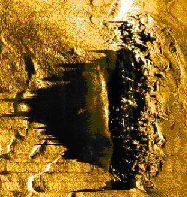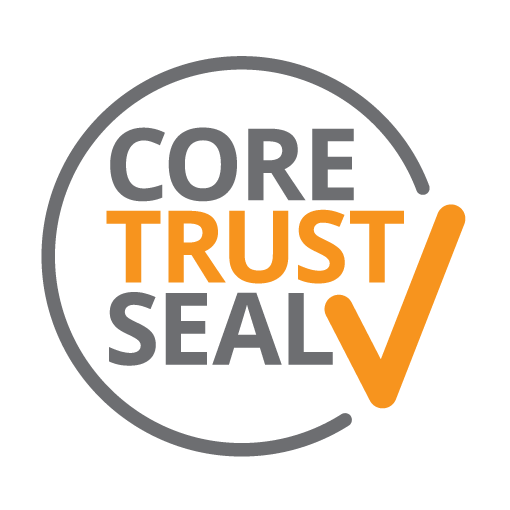Rapid Archaeological Site Surveying and Evaluation in the Marine Environment
Richard Bates, 2007. https://doi.org/10.5284/1000194. How to cite using this DOI
Data copyright © Dr Richard Bates unless otherwise stated
This work is licensed under the ADS Terms of Use and Access.
Primary contact
Dr
Richard
Bates
Senior Lecturer
University of St Andrews
School of Geography and Geosciences
St Andrews
Fife
KY16 9AJ
UK
Tel: 01334 463997
Resource identifiers
- ADS Collection: 748
- ALSF Project Number: 3837
- DOI:https://doi.org/10.5284/1000194
- How to cite using this DOI
Introduction
The Rapid Archaeological Site Surveying and Evaluation (RASSE) project was undertaken by the University of St Andrews with partners as part of the three year research project funded by Round 2 of the Aggregates Levy Sustainability Fund (ALSF) administered by English Heritage.

The principal aim of the project was to test and develop rapid, quantitative, remote (geophysical) sensing techniques for the enhanced investigation of maritime archaeological sites in sensitive aggregate extraction areas. Furthermore, the project attempted to improve temporal and environmental assessment methods for sites and areas of key archaeological significance.
The project addressed issues of direct relevance to the aggregate industry such as the rapid and timely surveying of submerged archaeological sites. The project also addressed issues of relevance to archaeological curators and academia such as the long term monitoring of sites. The work complemented Round 1 ALSF funded projects administered by EH and Round 2 projects by Wessex Archaeology; and the University of Southampton.
The project involved analysis of historical data sets, and the construction of a test site in Plymouth Sound to enable development of protocols to maximise the potential of geophysical techniques in monitoring marine archaeological sites. Following this background work, methodologies for the enhanced use of multibeam sonar with a spar-buoy, deep-tow arrangement were tested on the STIRLING CASTLE site. The resulting increased spatial resolution obtained for data over wreck sites, together with enhanced rendition of the geophysical data, provides both a new level of investigation and also a new forum for visualisation of submerged archaeology. Both of these achievements are of immediate relevance to the offshore aggregate industry and the archaeological community as they will not only allow better site investigation practice together with quantitative site monitoring but they will also allow far wider dissemination of site information to the general public.







